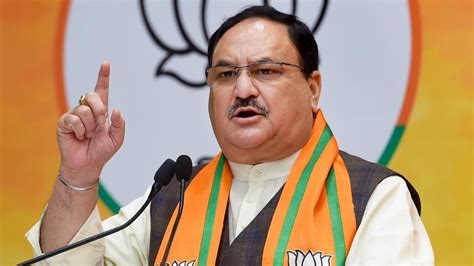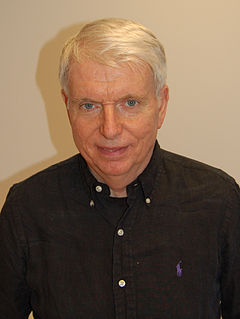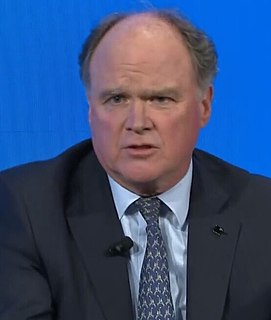A Quote by Adam Lashinsky
Salesforce acquires companies - it has snapped up 55 since 2006 - that are either more innovative or that have pioneered market segments that Salesforce hasn't yet cracked.
Related Quotes
I would have loved to invest in Salesforce when I was active in venture. I didn't know the founder, Marc Benioff, well enough, and he didn't really rely on venture capital, but I remember the first time I met him and got to talk about Salesforce when they were still private. I thought, 'Damn, that is going to be a huge company.'
I’ve seen how important this concept is in business. To be truly successful, companies need to have a corporate mission that is bigger than making a profit. We try to follow that at salesforce.com, where we give 1% of our equity, 1% of our profits, and 1% of our employees’ time to the community. By integrating philanthropy into our business model our employees feel that they do much more than just work at our company. By sharing a common and important mission, we are united and focused, and have found a secret weapon that ensures we always win.
There is no progress without risk, and in an environment where change is accelerating, risks are multiplying and businesses are increasingly complex, companies need strong, innovative partners to help manage their risk. Our brand clearly sets XL apart as the strong, innovative partner needed in today's market.




























